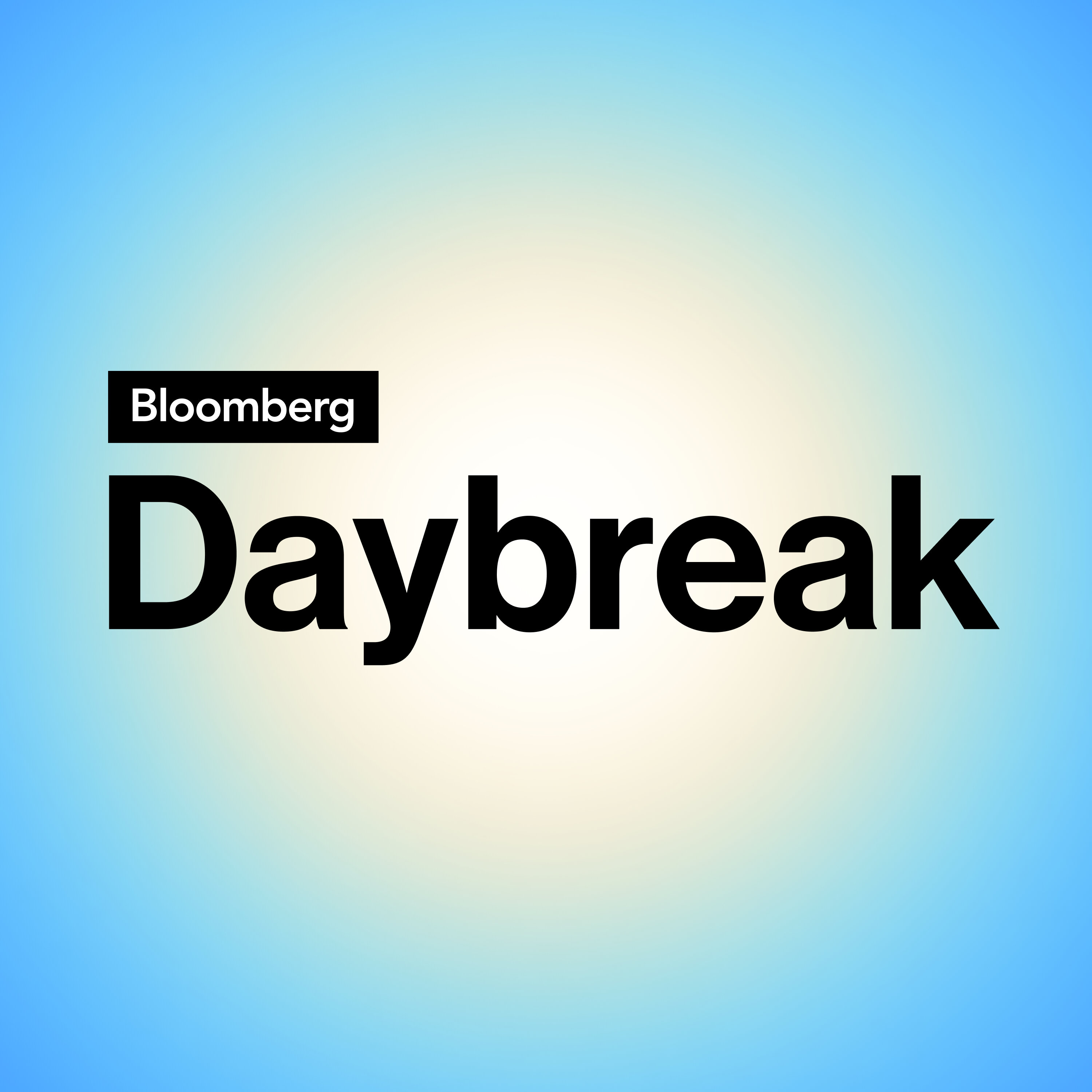
Daybreak Weekend: Bank Earnings, UK Asset Slump, Nippon Steel

Bloomberg Daybreak: US Edition
Deep Dive
What is the current state of U.S. inflation and its impact on Federal Reserve policy?
U.S. inflation has stalled at levels higher than the Federal Reserve's 2% target, with the Consumer Price Index (CPI) expected to be around 3.3% and core CPI at 2.9%. This has led the Fed to maintain a holding pattern on interest rates, with no immediate cuts anticipated. The strong December jobs report, showing a decrease in unemployment to 4.1% and robust job creation, further supports the Fed's cautious stance. The focus remains on whether inflation will stabilize or reaccelerate, particularly in areas like housing services and non-market services.
What are the key factors driving U.S. inflation in 2024?
Inflation in 2024 is largely driven by imputed prices, such as housing services and non-market services, which are estimated rather than directly observed. Elevated mortgage rates, currently at 6.99%, and persistent housing affordability issues are significant contributors. The Fed is closely monitoring these factors, as well as other economic indicators like retail sales and wage growth, to determine future policy actions.
What is the outlook for U.S. bank earnings in the fourth quarter of 2023?
U.S. bank earnings for Q4 2023 are expected to focus on three key areas: regulatory outlook, macroeconomic impacts, and capital markets momentum. While regulatory changes are anticipated to be less stringent under the new administration, banks are likely to highlight strong capital markets activity. Net interest income is expected to stabilize, with potential for positive revisions, particularly for banks like JPMorgan Chase, which has shown strong profitability and leadership in the sector.
What are the concerns surrounding the UK's fiscal position and bond market?
Investors are concerned about the UK's fiscal position, with long-term borrowing costs soaring and the pound falling. The government faces challenges in managing the national debt and controlling inflation, particularly with a slim £9.9 billion buffer against budget rules. The potential for austerity measures, including public spending cuts, is being considered to stabilize the situation. Inflation remains sticky, with expectations of it oscillating between 2.6% and 3%, keeping pressure on the Bank of England to maintain higher interest rates.
What is the significance of BYD in the global electric vehicle (EV) market?
BYD is poised to become the dominant player in the global EV market, nearly overtaking Tesla as the world's largest EV seller. The company's success is driven by its extensive and affordable car lineup, with prices ranging from $17,000 to $20,000, covering various vehicle types, including supercars and pickup trucks. BYD's financial strength and ability to set market prices have made it a formidable competitor, forcing other automakers to cut prices or risk losing market share. The company is also expanding globally, with operations in over 100 countries.
Why did President Biden block Nippon Steel's acquisition of U.S. Steel?
President Biden blocked Nippon Steel's acquisition of U.S. Steel, citing national security concerns. The decision was seen as politically motivated, with Biden aiming to position himself as a pro-labor president. Despite advice from some advisors to approve the deal, Biden's executive order stated that Nippon Steel's actions could impair U.S. national security. This move has been criticized as inconsistent, given Japan's status as a key U.S. ally and security partner.
What are the potential consequences of the failed Nippon Steel-U.S. Steel deal for U.S.-Japan relations?
The failure of the Nippon Steel-U.S. Steel deal could strain U.S.-Japan relations, particularly given the way the decision was framed as a national security threat. Japan views the U.S. as its primary security guarantor, and the rejection of the deal is seen as a diplomatic slight. While the immediate impact may be limited, the decision could influence Japan's approach to regional security and its relationship with the U.S., especially under new leadership in both countries.
- Strong December jobs report, despite some decrease, still very strong.
- Inflation remains above the Fed's target, creating uncertainty.
- Retail sales expected to be robust, driven by strong employment and consumer confidence.
- Focus shifts to inflation's trajectory: Is it stalled or potentially reaccelerating?
- Possible delay in interest rate cuts, with October now considered the potential timeline.
Shownotes Transcript
Bloomberg Daybreak Weekend with Tom Busby takes a look at some of the stories we'll be tracking in the coming week.
- In the US – a look at U.S eco data and bank earnings next week.
- In the UK – a focus on a UK asset slump and what may come next.
- In Asia – a look at BYD and the EV sector and what comes next in the U.S, Nippon Steel saga.
See omnystudio.com/listener) for privacy information.